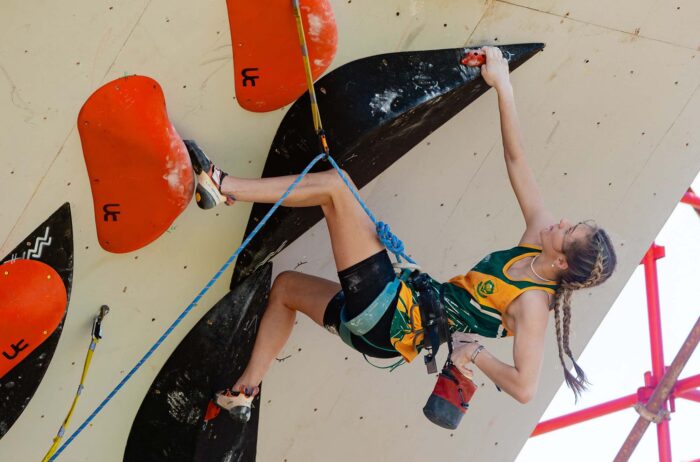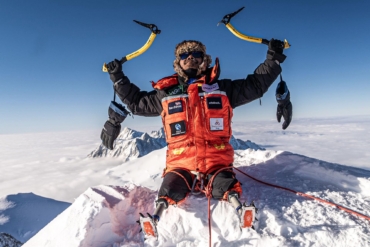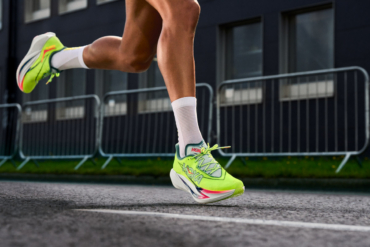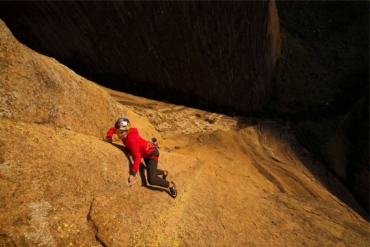Before climbers can win a gold medal in this year’s Olympic Games, they must prove they’re not dangerously underweight.
New rules announced Wednesday will require climbers to undergo additional testing before competing in any international climbing event, including the 2024 Paris Olympics. The International Federation of Sport Climbing (IFSC) designed the regulations to address climbers with Relative Energy Deficiency in Sport (RED-S).
Athletes with this condition aren’t eating enough for the energy they expend, potentially leading to health problems like eating disorders. The IFSC claims it’s the first “international federation” to regulate RED-S officially.
Most sports organizations don’t have any policy about this health condition, making the IFSC rules a “monumental shift in the right direction,” said Riley Nickols, a RED-S expert for the United States Olympic & Paralympic Committee. Testing the athletes doesn’t just hold them accountable — it makes sure they’re healthy enough to compete, he said.
“This is really thoughtful,” Nichols said of the new policy. “Allowing an athlete to compete with this condition is dangerous and risky.”
Climbers Speak Out on Eating Disorders
Several of competitive climbing’s most successful athletes have said that eating disorders are a problem in the sport.
“Climbing has a cultural and systemic weight problem,” Canadian climber Alannah Yip wrote on Instagram.
Janja Garnbret, competitive climbing’s biggest star, has frequently spoken about the sport’s growing problem with eating disorders. The climbing phenom Kai Lightner, who is over 6 feet tall, told Reuters he developed an eating disorder after a coach said he had “junk in the trunk.”
“For me, it was like, I can’t control how tall I am, but I can control how thin I am,” Lightner said.

The issue became contentious among leaders at the IFSC, where two doctors resigned last year over concerns about RED-S among athletes. In an Instagram post after his resignation, Dr. Volker Schöffl said the IFSC was moving too slowly.
“Sport climbing has a RED-S problem,” Schöffl wrote. “Solutions have been and are being ignored.”
RED-S, first recognized by the International Olympic Committee (IOC) as a syndrome in 2014, manifests in various ways. These include compromised immunity, reduced bone density, and disrupted sleep patterns. The syndrome is relevant to climbers, who often seek a high strength-to-weight ratio. However, studies have shown that this pursuit can sometimes result in dangerously low body weight.
“Athletes are at risk for a multitude of conditions,” Nickols said. “When you have athletes that are vulnerable, you have an ethical and moral duty to address that.”
New Testing Policy
The rules take effect during the 2024 climbing season, which kicks off in Keqiao, China, on April 9. In a press release, the IFSC said its regulations were “designed to enhance the protection of the health and rights of athletes.” They’re also in line with recommendations from the International Olympic Committee, which released updated guidelines about RED-S in September.
The new policy will require the following:
- Athletes are to fill out two short questionnaires aimed at accumulating personal parameters for such criteria as height, weight, heart rate, and blood pressure;
- National Federations to issue each athlete a health certificate or request more testing before providing “clearance” to the IFSC;
- IFSC will initiate random and focused testing of the parameters (including BMI, heart rate, and blood pressure) throughout the climbing season. The IFSC will also store the information provided by the National Federations;
- An external commission will review the data of suspected cases, comparing collected data with that of the National Federation health certificates.
Read the full policy on the IFSC website. Officials with IFSC and USA Climbing did not return requests for comment by press time.








